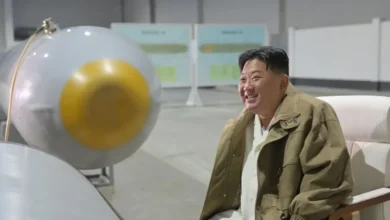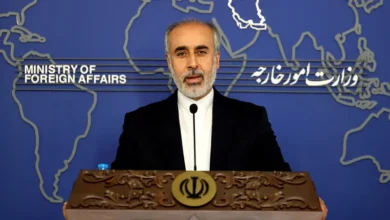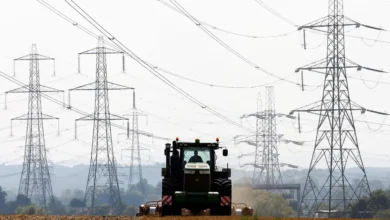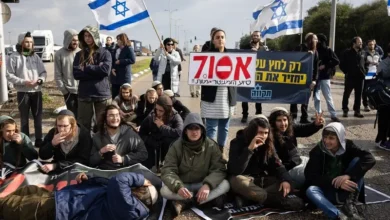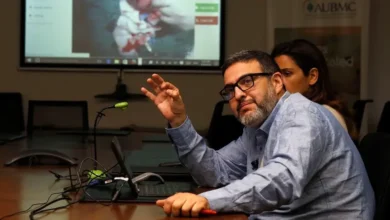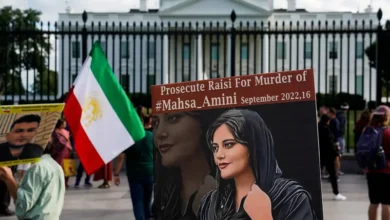Fighting for a life: The Afghan refugees finding hope in MMA
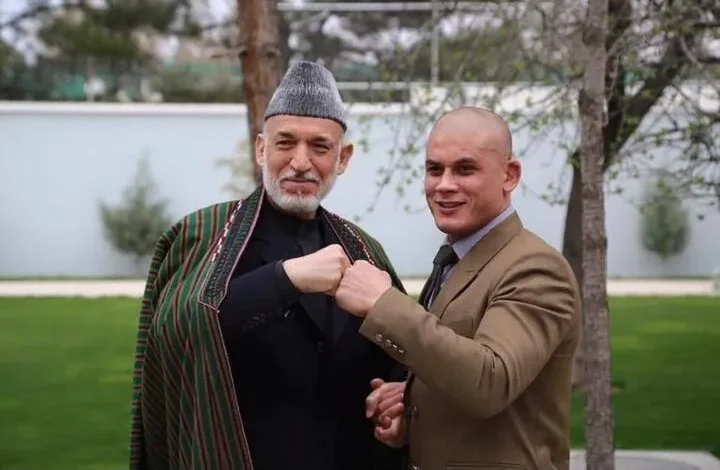
When Parwaiz Arabzai is introduced to the crowd at Hexagone MMA 6, he looks the very definition of a professional mixed martial arts fighter. He has the wiry, muscled physique of a Conor McGregor or a Khabib Nurmagomedov.
He limbers up confidently and raises a gloved fist as the ring announcer yells into the mic: “Parwaiiiiz … Hhhhhharabzaiiiii!!”
Soon, the 24-year-old is chasing Georgia’s Nika Kobaxidze around the mat, only to lose in the third round by submission.
It’s a fate that can await any fighter in a sport where a split second’s lapse can make your punching power or your grappling skills utterly meaningless.
For Arabzai, whose professional record now stands at 4-3-0 after that loss in January, defeat hurts more than it does for most. He has no family to go back to, no settled home, no steady job. Nine years after he left Afghanistan as a teenage refugee, failing to make a career as a fighter is not an option.
“When I arrived in France, I was on the streets. Then I was in a shelter. Then when I started training, it was a great motivation,” Arabzai told Al Jazeera after a sparring session in Paris.
Arabzai’s achievement is already gargantuan – from being homeless in Paris to reaching MMA’s professional ranks with his contests broadcast worldwide on the DAZN channel. But even at this level, poverty remains a big threat.
His first fights earned him about $1,000. Now, he’s just trained for two months for a fight that was meant to pay him $2,000 on June 3. But it was cancelled at the last minute due to bad weather forecast in Béziers in the south of France, where the contest was to have been held in an open-air coliseum. The last time he fought was the defeat in Paris in January.
He still has to find the money to pay for food, a place to live, a coach, travel to his appointments with French social services and medical expenses.When discussing his prospects, the weeks, months and years of worry slowly cast a shadow over his face.
“The other fighters, they can be at home at ease with their families, have some work, but my life is very complicated,” he says.
“I had a temporary contract working at a local supermarket, but I had to stop because training for this fight was very intense.



